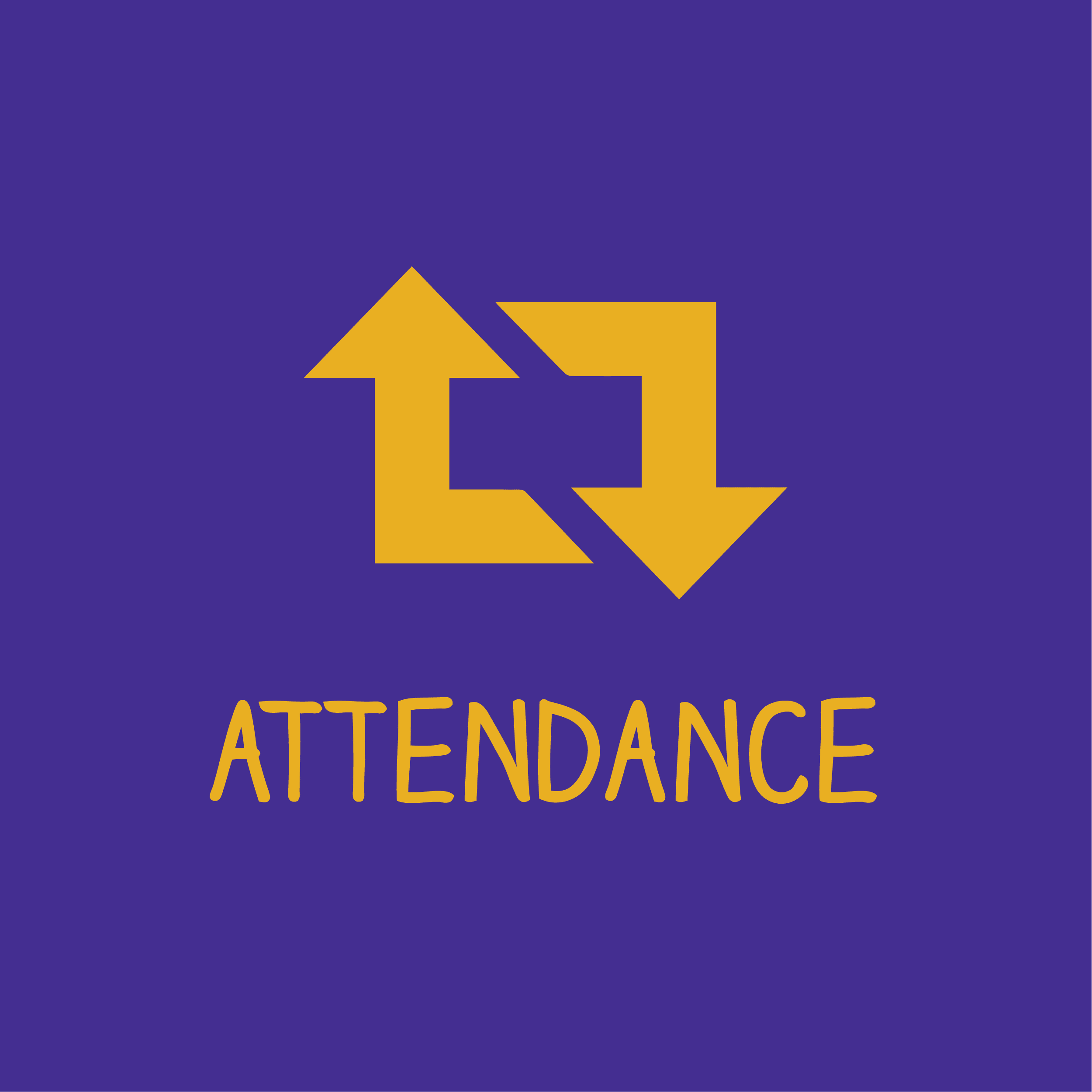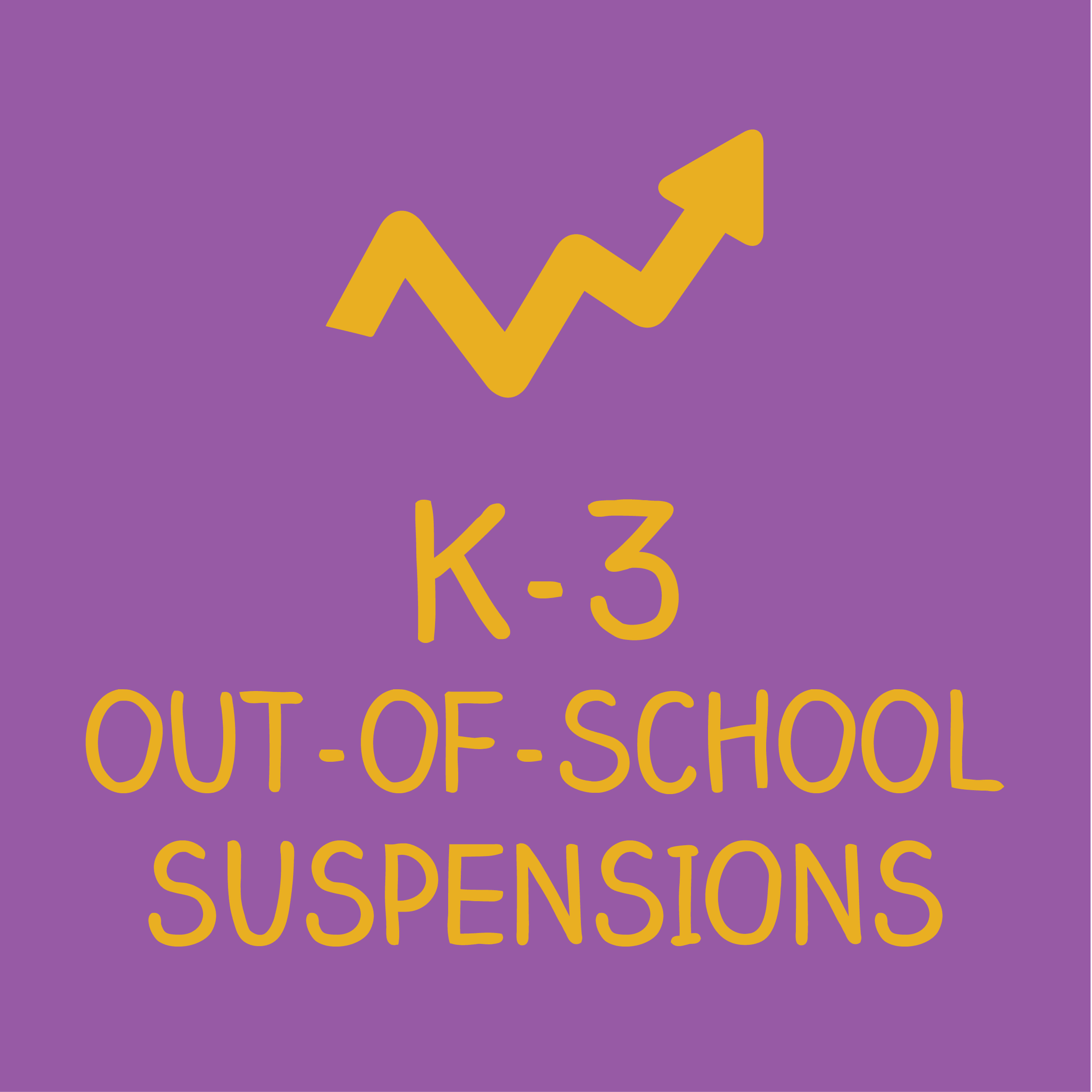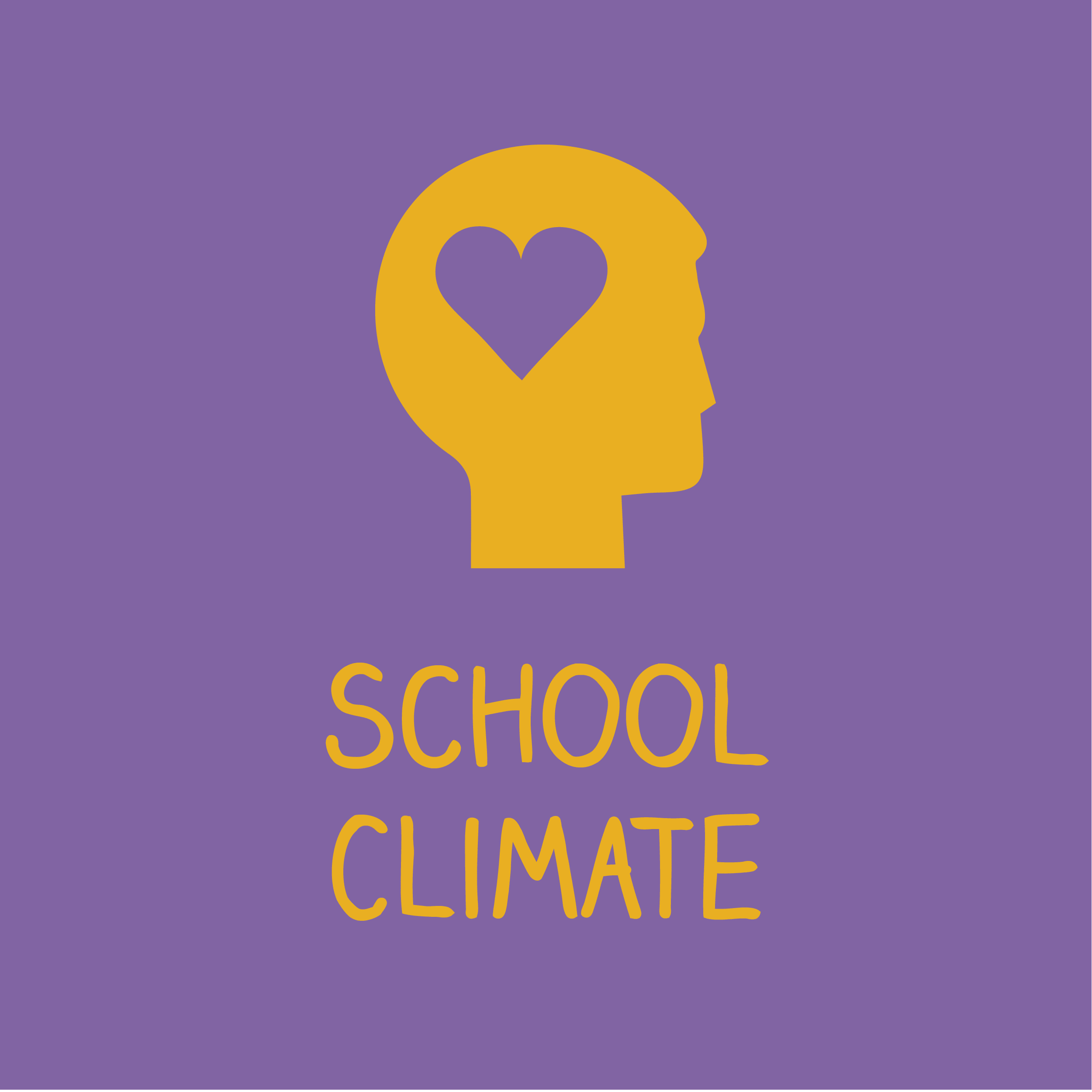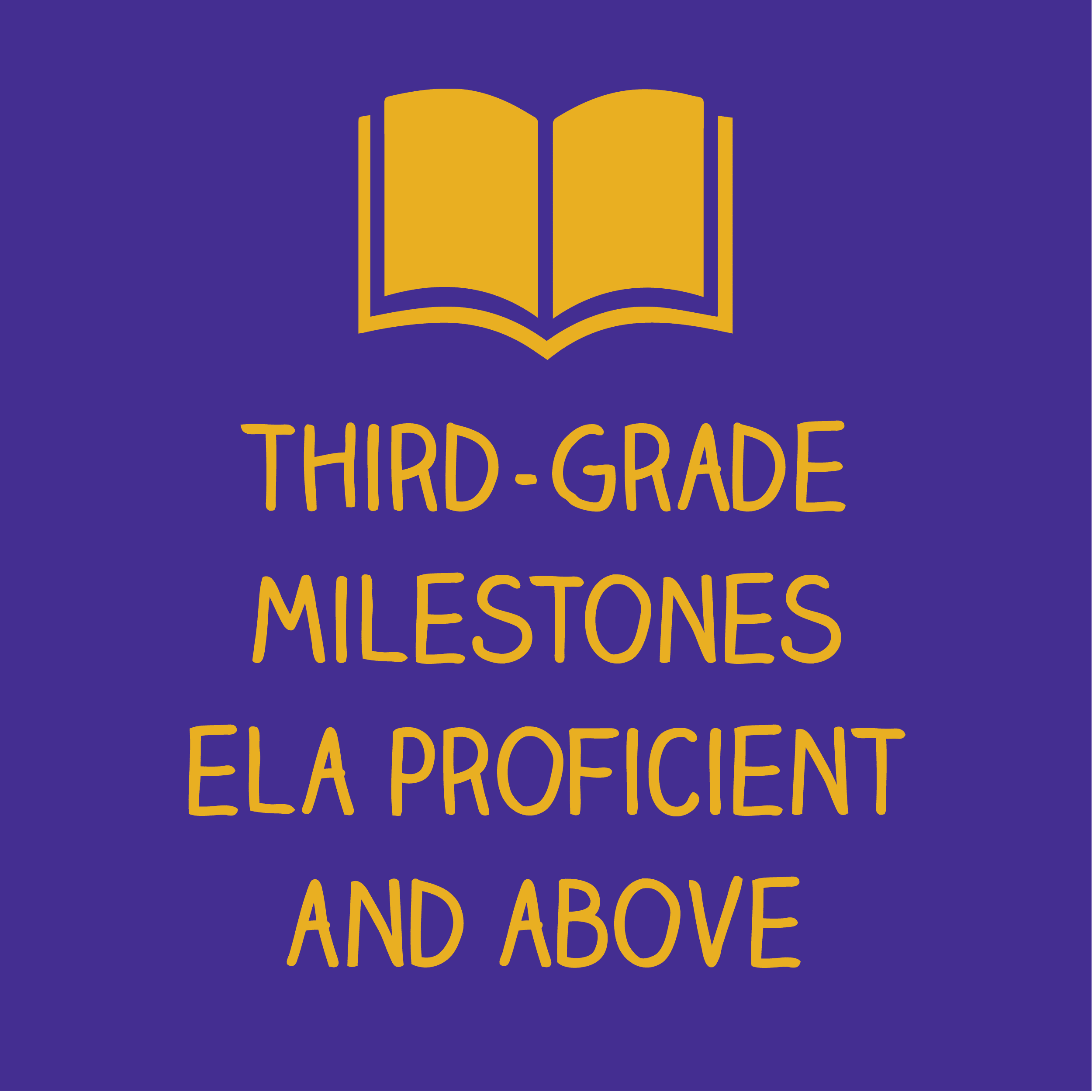
All children experience abundant, positive, language-rich social interactions with caregivers, educators, and peers.
The Expectation
All educators, families, and policymakers take seriously their responsibility to focus attention not only on curriculum-based elements of education, but also the feel and environmental quality of the school and the work to ensure the right people are in the right roles. They are explicit with common unequivocal language and actions about the values, personalization, and beliefs and norms they want to pervade in school.
The Why
Just as a positive workplace climate improves happiness, attendance, and engagement, positive learning climates in schools, early learning centers, and homes increase student success.
There are reliable and tested methods for measuring the extent to which the learning environment of a school or child care center feels safe and caring, in turn fostering connection among students, parents, teachers, and administrators.
The Science
Improving climate can mitigate the impact of area crime and poverty on student performance. Researchers have found the belief that impoverished, high-crime communities produce unsafe and unhealthy schools cannot be supported. The focus of control for school success and behavior is primarily inside the building—schools can control school climate; the community does not dictate it.
Positive climate improves student engagement and performance. Research shows that not only are several aspects of school climate and connectedness related to student achievement, but also that positive changes in these areas are related to significant gains in student scores on statewide achievement tests.
These findings move beyond simply knowing schools with good climate and connectedness are likely to have good student achievement, while schools with poor climate and connectedness are likely to have poor student achievement. They show that changing a school’s climate and connectedness for the better is associated with increases in student performance in reading, writing, and math—whether or not they started with high or low school climate, connectedness, and achievement scores.
Research has demonstrated a strong relationship between school connectedness and educational outcomes, including attendance, staying in school longer, higher course grades, and school completion.
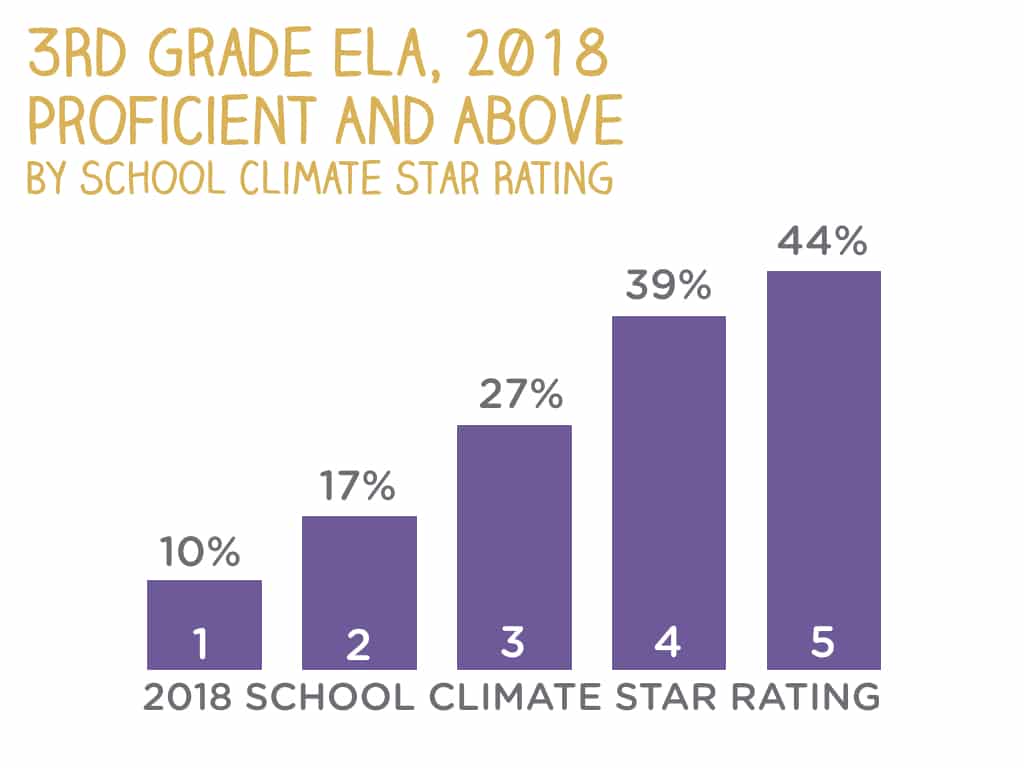
Climate impacts the social-emotional development of students. A school climate that includes positive teacher-student interaction, as well as opportunities for and encouragement of classmate teamwork, leads to social-emotional health.
Together, these elements develop feelings in students of being listened to, understood, and engaged with others, which are important to social-emotional development and student outcomes. Conversely, some students’ social-emotional problems are linked to the characteristics of their school environment—either as a means of mirroring the dysfunction of the school climate or in response to trying to cope with it.
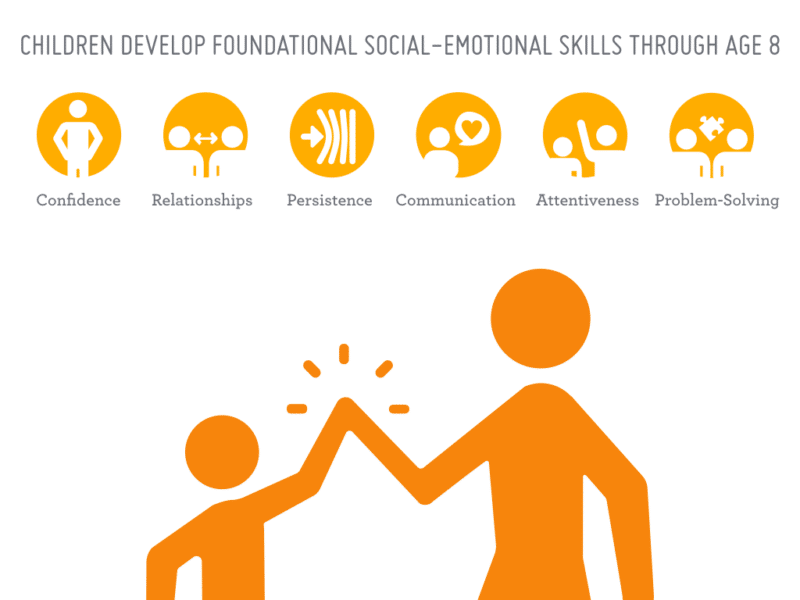
Behaviors that negatively impact social-emotional development, such as peer harassment and sexual harassment, are not sufficiently addressed unless an “ecological perspective” is taken to change those factors that are part of and closely related to school climate.
Studies found that school climate parameters, especially the school value system and attitude of teachers toward students, influence students’ optimistic acceptance of life, psychological and physiological well-being, and academic success. The impact of school climate also extends to the social-emotional health of preschoolers. A positive school climate is significantly associated with resiliency. The importance of school climate on social-emotional factors impacting students stretches across races, nationalities, and ethnic groups.
Positive climate improves teacher engagement and performance. Educator training about perceptions of school climate is important because it has a positive influence on the implementation of change in schools, student achievement, and educators’ job satisfaction. Research shows a correlation between teachers’ perceptions of school climate and the level of self-efficacy. If teachers feel the school climate is positive and supportive, their ratings of self-efficacy are higher than when it’s viewed as less than positive.
School climate factors of relationships and safety are also significantly related to the teacher burnout factors of emotional exhaustion and depersonalization. Research strongly suggests improving school climate can enhance teacher retention, and even competent and confident teachers who manage a negative school climate eventually succumb to its debilitating effects. Providing teachers professional learning on school climate, classroom management, and how to interact with students can positively impact academic outcomes.
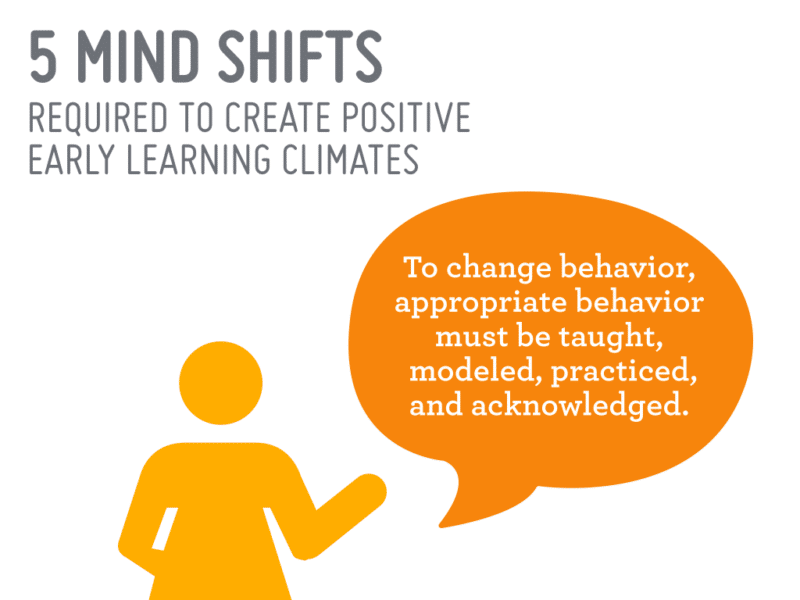
The Value
We believe it is incumbent upon the adults in children’s lives to create the learning environments that enable children to learn appropriate behaviors and build strong, caring relationships that spark children’s creativity and interest in learning.
How Are We Doing?
Learn more about how Georgia is innovating a practice that integrates strategies from the preschool model of Positive Behavioral Interventions and Supports (PBIS) into the school-wide model. Check out this population-level data indicating current conditions related to learning climates in the early years and early grades.
Learn from the Experts
How Are the Children?
Ellyn Cochran, United Way of Greater Atlanta’s senior director of Early Learning and Development, says all Get Georgia Reading Campaign communities need to rethink this question when assessing children’s well being.
Fueling A Love of Learning
Emily Rubin, director of Marcus Autism Center’s Educational Outreach Program, emphasizes the importance of creating a positive learning environment where social-emotional engagement is the fuel for a child’s learning.
The Power of One
Hayward Cordy, executive director of the Oconee Regional Educational Service Agency, says that poverty, disability, race, and gender do not define a child’s destiny—and just one supportive voice can change a whole life’s trajectory.
Planting Seeds of Change in Georgia
State Rep. Randy Nix says that if Georgia is going to continue to thrive and be the No. 1 place in the country to do business, failure in getting all kids on the path to reading proficiency by third grade is simply not an option.
Consequences of the School to Prison Pipeline
Though the scales of justice are tilted toward mass incarceration, Associate Court Judge Wenona Clark Belton offers solutions that will tilt them back in the opposite direction.
Improving Access to High-Quality Learning Environments
Bentley Ponder of Bright from the Start: Georgia Department of Early Care and Learning (DECAL) highlights a tool that aims to improve early childhood education in Georgia: Quality Rated.
The Power and Magic of Reading and Learning
Sara Lee Crumbs, Quitman County Family Connection coordinator, said something magical happens when likeminded individuals who believe in the power of learning and literacy come together and decide to meet parents where they are.
Leading Literacy and Advancing Learning in Clayton County
Ebony Lee, Clayton County Public Schools assistant superintendent, detailed a solution-oriented approach to ensuring more students receive a “master key”—literacy—that unlocks potential and pathways to successful, productive lives.
Collaborating to Create Positive School Climate
Garry McGiboney, deputy superintendent for policy at the Georgia Department of Education, says attributing the wrong cause to behavior leads to remedies and not solutions in the classroom.
Baseball Isn’t the Only Place in Life Where a Sacrifice is Appreciated
State Rep. Randy Nix reflects on a life lesson he got from coaching his son’s baseball team and applies it to getting kids on the path to literacy.
Great Expectations, Extraordinary Outcomes
Garry McGiboney, deputy superintendent for policy at the Georgia Department of Education, says it’s time we hold all schools in Georgia up to more exacting standards about climate.
Healthy Families Will Break the School-to-Prison Pipeline
Judge Peggy Walker of the Juvenile Court of Douglas County says the pipeline to prison has to stop—that we can’t deny children access to education because of their behavior.
Healthy Relationships Build Strong Leaders
Emily Rubin, director of Marcus Autism Center’s Educational Outreach Program, shares the importance of creating a positive learning climate where social-emotional engagement is the fuel for a child’s learning.
Why Positive Learning Climates Matter
Check out this introduction to the concept of positive learning climate and why it matters.
Five Mind Shifts Required to Create Positive Early Learning Climates
New mindsets are necessary to pave the way for successful and positive early learning climates in schools across Georgia.
The Power of Positive Early Learning Climate for Children from Birth through Age 8
Find out why “early learning” should be classified as ages 0-8 instead of ages 0-5.
Three Classroom Practices to Build Positive Social-Emotional Engagement with Early Learners
We encourage anyone with a stake in creating healthy classrooms in Georgia to use this in your trainings, curricula, presentations, and keynotes.
Georgia’s Response to the Need for Positive Early Learning Climates
The practice of integrating strategies from the preschool model of PBIS into the school-wide model helps lay a secure foundation for children during their first few years of elementary school.
What’s Happening?
Your stories are important! Share them with us and inspire others to take action.
Partner Resources
- All In! Campaign: This campaign seeks to engage all community partners in creating positive learning environments for Georgia’s children and youth.
- DECAL Scholars: Early childhood professionals receive support in continuous learning through academic pursuit, training, technical assistance, and mentoring.
- Georgia Early Learning Development Standards (GELDS) Toolbox: Bright from the Start: The Georgia Department of Early Care and Learning (DECAL) offers supplemental resources to support early learning programs in implementing the GELDS.
- Georgia Student Health Survey 2.0: The first step to improving school climate is to measure and analyze it with a school climate survey instrument. The GSHS 2.0 identifies safety and health issues that have a negative impact on student achievement and school climate.
- Inclusion Services: DECAL offers resources and documents that help support early care and education providers’ successful inclusion of children with disabilities in early care and learning programs.
- Positive Behavior Interventions and Supports (PBIS): This evidence-based, data-driven framework is a way to improve school climate, reduce disciplinary incidents, increase a school’s sense of safety, and support improved student outcomes.
- Quality Rated Child Care: DECAL offers an online search tool to find “Quality Rated” early-learning programs along with tips about choosing the best child care program.
- Safe and Drug-Free Schools: The Georgia Department of Education (GaDOE) provides teachers and administrators with resources aimed at preventing bullying, suicide, and alcohol and drug use in schools.
- School Climate Star Ratings: Schools that provide a warm, welcoming, and nurturing environment to students and staff tend to have higher attendance rates, better test scores, and higher graduation rates. The GaDOE evaluates and measures school climate for parents and stakeholders with a 1-5 star rating. The comprehensive report that schools receive helps them identify and address areas in need of improvement.
- Social Emotional Engagement – Knowledge and Skills (SEE-KS): This professional development model is built around neuroscience-based instructional strategies that help educators integrate social-emotional engagement practices into lesson plans to ensure all children are forming positive relationships that fuel the motivation essential for language and literacy development.
- Words2Reading: Words2Reading brings families, caregivers, and teachers the best resources in developing early language skills and reading readiness from birth to age 8. Grow your young reader through easy-to-follow videos, web links, downloadable documents, e-books, and audio clips all available online.
Need more assistance? Check out additional Campaign resources.
Check out the Bibliography of Scholarly & Related Articles.

